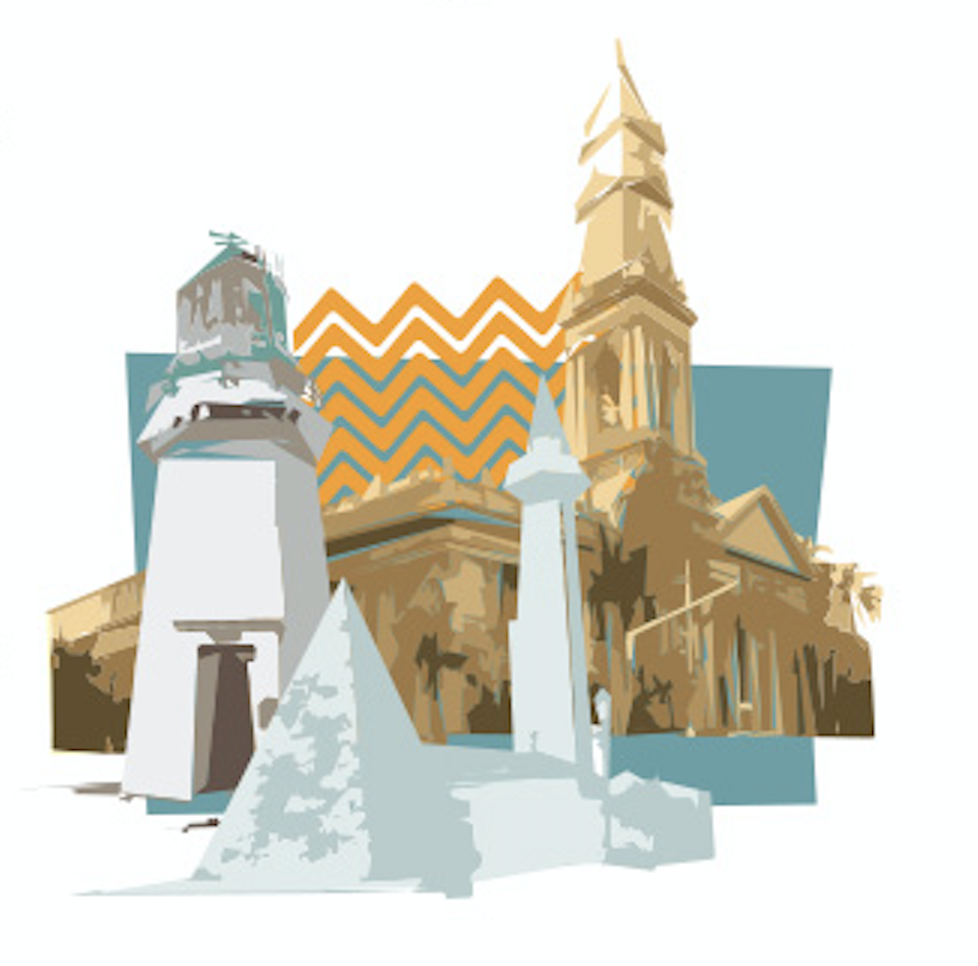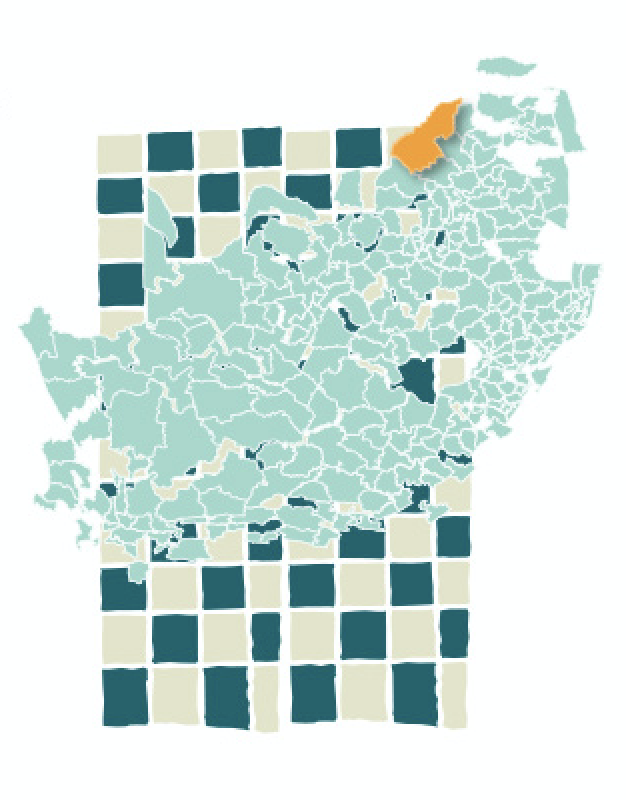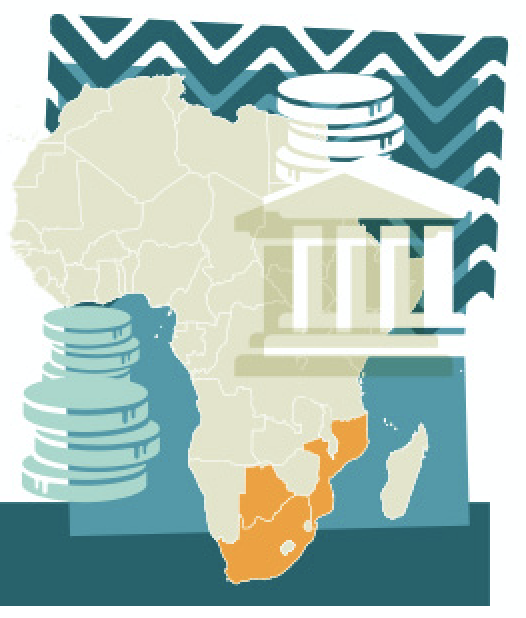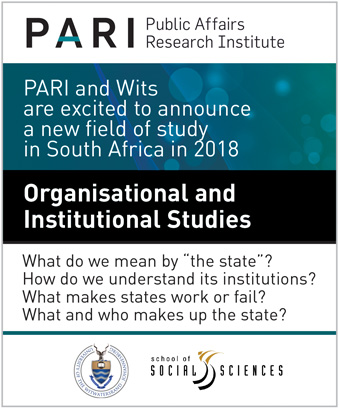Don’t miss PARI’s new reports forthcoming in 2018


Three Cities is a study of the evolution of governance in three metropolitan municipalities – Nelson Mandela Bay, eThekwini and Buffalo City – conducted in partnership with the Government Technical Advisory Centre (GTAC) of the National Treasury. It attempts to understand how metropolitan governance has evolved since 1990, with the aim of helping GTAC better understand the political economy of municipalities in which they offer technical assistance to improve governance.


In 2006, Eskom unveiled plans for a new multi-billion rand mega-project: the construction of the Medupi coal power station in the small town of Lephalale in Limpopo Province. This report will examine how a municipality born without ownership of land and basic service infrastructure has attempted to overcome its history and carve out a greater space of selfsufficiency. It will show how negotiation and compromise have characterised the operation of the municipality since its inception. It will reveal how local governance is shaped and reshaped by the complex entanglements of government, party politics, private property owners, developers and the grander forces of capital.


In 2006, Eskom unveiled plans for a new multi-billion rand mega-project: the construction of the Medupi coal power station in the small town of Lephalale in Limpopo Province. This report will examine how a municipality born without ownership of land and basic service infrastructure has attempted to overcome its history and carve out a greater space of selfsufficiency. It will show how negotiation and compromise have characterised the operation of the municipality since its inception. It will reveal how local governance is shaped and reshaped by the complex entanglements of government, party politics, private property owners, developers and the grander forces of capital.
PARI heads a new teaching department at Wits University
Organisational and Institutional Studies (OIS) is a new Programme in the School of Social Sciences coordinated by the Public Affairs Research Institute from 2018. The programme offers ways to understand organisations and institutions of government.
One of the most pressing challenges of post-apartheid South Africa is the limited so-called ‘capacity’ of the South African government and the organisations that make up the state. Yet traditional approaches have had limited capacity to grasp the phenomena they seek to understand (corruption, for example, or neopatrimonialism) or to propose ways to ‘build capacity’ that are consistent with the broader democratic ambitions of the South African constitution.
The programme offers a multidisciplinary approach to the study of the state. It will be offered at Honours level from 2018 and at Honours and Master’s levels from 2019.



